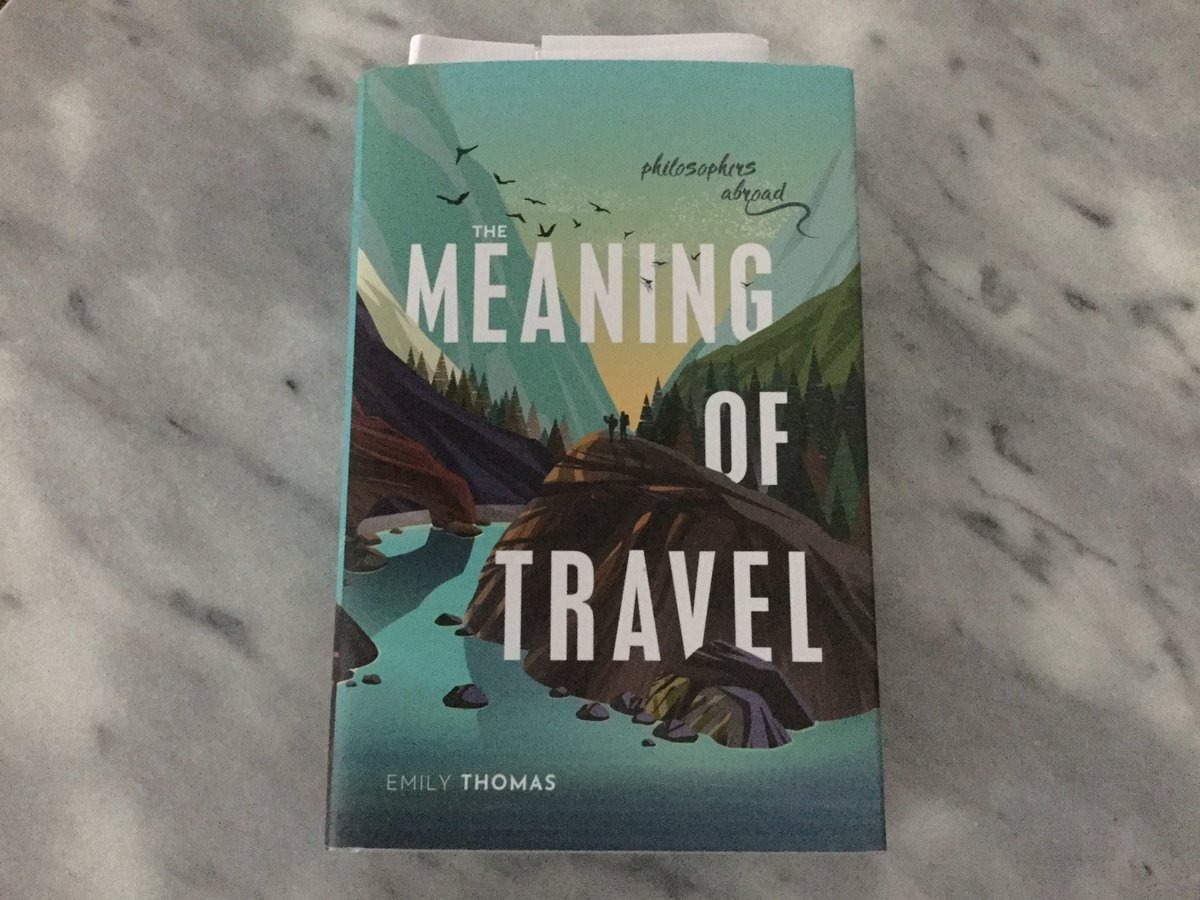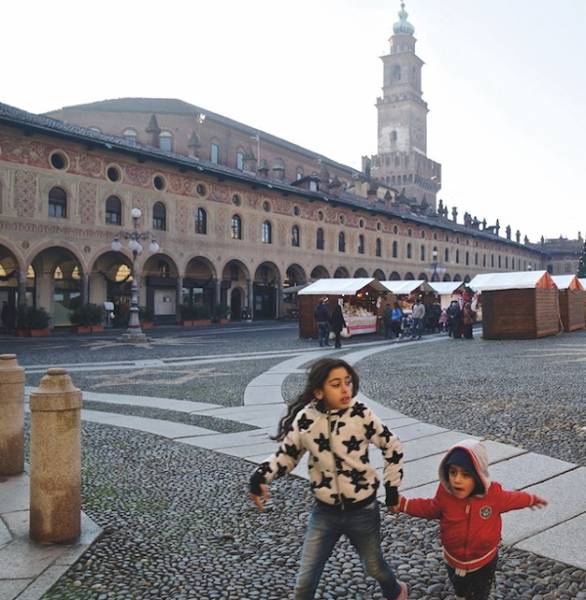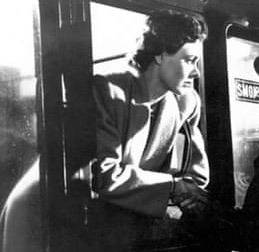
Emily Thomas, Associate Professor of Philosophy Research at Durham University, has long thought deeply about travel. Beyond the superficial pleasures of taking a holiday, what does it mean for us as humans to temporarily relocate ourselves? In her new book, “The Meaning of Travel” (OUP), she draws on her philosophical research to find out what we can learn from the likes of Montaigne and Burke when it comes to travel. Note: this interview was conducted before the worldwide restrictions on travel imposed by the COVID-19 outbreak.
Your book explores the ‘philosophy of travel’ — how would you define that phrase?
The philosophy of travel explores philosophical issues around travel (in the same way that the ‘philosophy of science’ or ‘philosophy of art’ considers philosophical questions in those fields). Some of these questions are historical e.g. Why did Western philosophers become interested in travel during the Age of Discovery? Others are contemporary e.g. What can space travel tell us about the significance of humans?
You draw a lot from philosophers like Montaigne and Burke in this book — what can we do to be thoughtful travellers?
It’s easy to get caught up in the mechanics of travel - worrying about visas, flight times, hotel bookings. Philosophers like Montaigne think we should travel slowly, thoughtfully, soaking up our surroundings. We should reflect on what’s new around us, paying attention to the unfamiliar. Seeing how things are elsewhere can help us question the world around us. Why do I believe in vegetarianism? How should a state be run? Are my assumptions about this part of history or society correct?
There’s a section in the book about maps and how they shape our understanding of the world. What are the biggest trends or misconceptions we have about this?
I had the misconception that maps are straightforward objects: they’re simply representations of the world. However, once I began researching the philosophy of maps, I discovered they’re not straightforward at all. Maps don’t just represent reality, they shape our perceptions of it. For example, the fifteenth century mapmaker Gerardus Mercator placed Europe in the centre of his maps, stressing his view that Europe is culturally and literally the centre of the world. Despite lack of evidence, he also sought to persuade readers that a landmass existed near the south pole, by simply inserting it into his maps. Maps reflect the worldviews of their makers, and patrons, in non-obvious ways.
Is there a difference between tourism and travel?
In his landmark book Abroad, the travel historian Paul Fussell argued there is. He claimed that ‘travel’ involves exploration and the pleasure of knowing where one is. In contrast, tourism does not involve exploration, it simply follows pre-explored routes, prepared ‘by the arts of mass publicity’. Fussell argues that since the mid twentieth century there’s no travel left, only tourism. He’s pretty scathing about tourism - you get the impression he wouldn’t be caught dead in a French vacation village. I don’t think Fussell is right that tourism is all that’s left: travel writing today contains lots of exploration. However, I think he’s onto something. When we talk of ‘travel’, as opposed to ‘tourism’, there’s a sense we’re referring to journeys that are deeper, longer, more difficult. Ultimately, I think travel in the grand sense is marked by the unfamiliar, and Fussell is distinguishing between ‘travelling’ in the grand sense which involves lots of otherness; and ‘tourism’ which can involve very little otherness.
Is there a gendered aspect to travel?
Definitely! I think that, through history and culture, concepts can become gendered. For example, over the last few decades, ‘pinkness’ has been gendered female. I think this has happened with ‘travel’. The history of travel is largely male - men dominate lists of famous explorers and travellers. In Victorian women’s travel writing, you often find women telling anecdotes stressing their feminine clothing or mannerisms. For example, whilst travelling through west Africa, Mary Kingsley describes how she fell into a spike pit - but was saved by her good thick skirt. Dea Birkett’s Spinsters Abroad argues there’s a reason these women travellers are stressing their femininity: they are trying to offset the perception they are un-feminine because of their travels.
You write about something called ‘doom tourism’ — why do you think visiting glaciers and coral reefs is popular?
If something is ‘doomed’, it may soon cease to exist. If we learn that something beautiful or unique is doomed, a natural impulse is to see it while we still can. Climate change has led to rising temperatures and sea levels, which may in turn destroy glaciers and coral reefs. Consequently, these places top lists of ‘last chance to see’ tourist destinations. I don’t think there’s anything intrinsically unethical in visiting these destinations; it’s not so different from racing to see a sunset. But it becomes unethical when the act of visiting these places can accelerate their demise: flying over Patagonia’s glaciers may, for example, entail a huge carbon footprint which hastens global warming.
Is there any such thing as ‘wilderness’ anymore?
Yes - there are many wild, remote places left on our planet. Tropical forests in Asia and South America are under-explored, but I don’t think you need to look much farther than rural Scotland. In the future, I think we’ll be looking towards entirely new areas of wilderness: under the seas, outer space.
Space is the next frontier for travel — what can we improve upon from our travels on this planet?
Human travel history is pitted with errors: conflict, invasion, disease. I would like us to go into space and avoid these things! Expand scientific knowledge, map uncharted worlds, reflect on how humanity fits into the universe. Despite the current restrictions, travel will recover, and space willbe the ultimate destination.
What do you think humans are missing out on when travel is cancelled?
Sadly, all kinds of things. People can travel for all kinds of positive reasons: change, learning, mind broadening. The current travel restrictions are wrenching, and I hope the situation improves soon. In the meantime, I think armchair travel can help: reading books can also take us out of ourselves, and teach us about the wider world.

